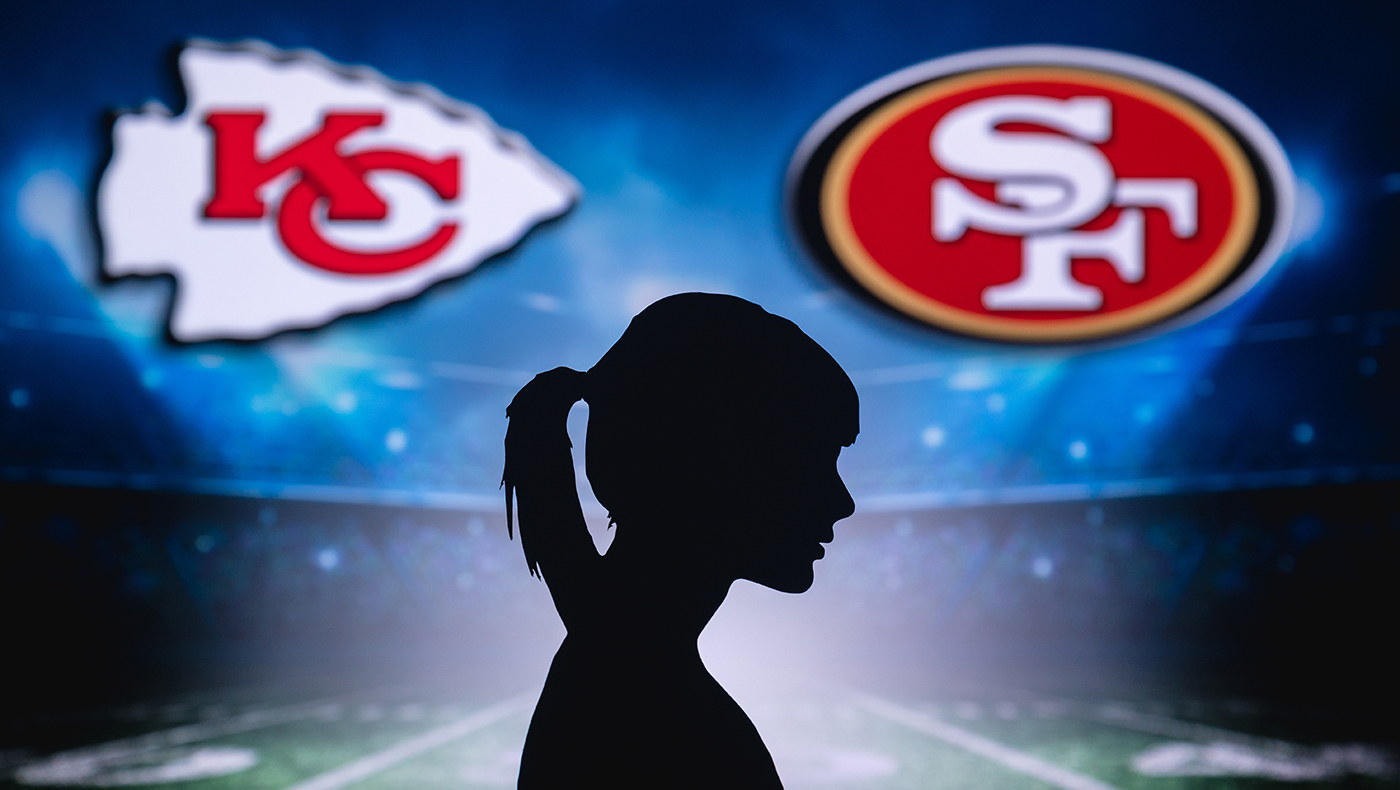The Super Bowl is an unofficial American holiday, that rare event when seemingly the entire country pauses what it’s doing to focus on one particular time and place.
And now, it has Taylor Swift.
Can even a cultural phenomenon like Swift make an economic impact on a pageant like the Super Bowl, just by showing up and sitting in a club-level suite?
The simple answer is yeah, she can. John Allgood and Timothy DeSchriver, who teach and study sports marketing and business at the University of Delaware’s Alfred Lerner College of Business and Economics, see a number of ways that Swift can move the needle economically for a league that seemingly needs no extra publicity.
Bear in mind that this is a game where icons like Beyonce, Madonna, Snoop Dogg, Lady Gaga and the Rolling Stones line up to perform at the halftime show — for free.
“The NFL does not pay those acts to perform because there’s so many people that watch that halftime show,” Allgood said. (The league does cover the very considerable cost of staging the shows.)
“Just about every American is already watching it,” DeSchriver said.
Super Bowl ads already cost millions for only 30 seconds, and they keep going up in price each year.
And yet, the NFL could profit even more, thanks to Swift’s relationship with Chiefs tight end Travis Kelce, who was also pretty famous in his own right.
First off, there are the TV ratings. Those bring in money indirectly through advertising, Allgood explained. Networks use the ratings, which estimate what percentage of the population is watching, and use those to set prices and convince advertisers it’s worth their money.
“The more people that watch, that means the more you can charge for advertisers,” Allgood said.
While the audience is already large, Swift has the potential to increase it.
The female audience is already growing for the NFL, Allgood said, but with Swift, “They’re reaching, I wouldn’t say a new audience, but a fresher audience.”
An average of 17.9 million people watched NFL games on TV and streaming services this season, a 7% increase from last year and the highest since 2015, the Wall Street Journal reported in an article on Swift’s impact.
Swift’s largely younger and female fan base does seem to be tuning in. The recent AFC Championship pitting Kelce’s Chiefs against the Ravens brought in more than 60 million viewers, DeSchriver said. That’s the largest ever for the game, according to the NFL. He doesn’t predict quite that big of an increase for the Super Bowl, but, “Could there be a 5 or 10 percent bump of people who might not have been interested, who want to see 30 seconds of Taylor Swift in the luxury suite? Yeah, I could see that happening,” he said.
He also pointed to new advertiser interest, potentially to reach that new audience. Front Office Sports reported that e.l.f. Cosmetics and L’Oreal brand NYX Professional Makeup are both airing their first Super Bowl ads ever, and Dove has returned after opting out for 18 years. Coincidence? Maybe.
The NFL will get its cut from products as well. Allgood mentioned clothing designer Kristin Juszczyk, who signed an NFL licensing deal after Swift wore one of the designer’s puffer coats to a game. (Both Juszczyk and the NFL will benefit financially from that).
And of course, Travis Kelce jerseys saw a notable spike after he started dating Swift.
Gamblers will also likely win and lose money on Swift. You can bet on almost anything at the Super Bowl with “prop bets.” These can keep people engaged with the game even if it’s a blowout, DeSchriver noted, with bets on trivia like the length of the national anthem, who will score the first touchdown, and even the coin flip.
“I’m sure there’s a few bets on how many seconds you can see (Swift) on television,” he said. (NPR reported on the different Taylor Swift bets you can make).
Sports are no stranger to celebrities attending games, Allgood pointed out, mentioning Spike Lee’s penchant for attending Knicks games. But Swift is something different altogether.
“A lot of celebrities go to NBA games. But people don’t go to those games or watch those games to see the celebrities,” Allgood said, “whereas Taylor Swift, there are people tuning in just to see her in a suite for five seconds.”
While some fans might be annoyed by even the brief camera cutaways to the Kelce family box, Allgood said he’s spoken to friends in the business, colleagues and students, and doesn’t think people are too bothered by it.
Networks tried to figure out the right balance of camera time, he said, and he thinks they have. “I don’t think it’s taking away from the game.”
Allgood also mentioned the media bonanza from stories about Swift and Kelce, which benefits not only news and entertainment outlets but the NFL.
That benefit has been considerable. DeSchriver mentioned a report from Apex Marketing Group that estimated more than $330 million in brand value that Swift has brought to the NFL and the Chiefs. Front Office Sports reported, “That number, calculated Jan. 22, comes from print, digital, radio, TV, highlights, and social media.”
All this, DeSchriver said, and the NFL didn’t have to do a thing.
“I’m sure they love it.”




